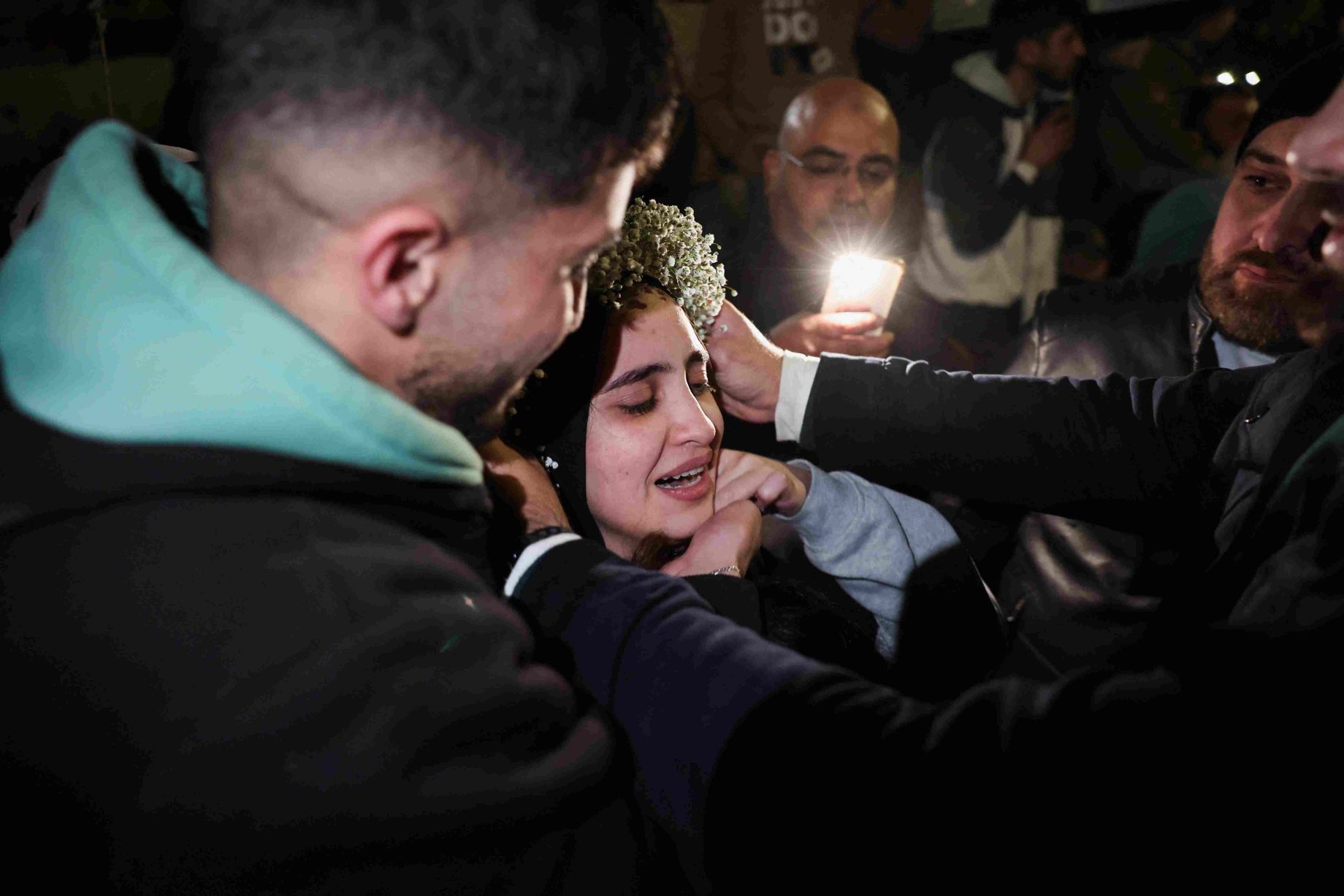The fragile ceasefire in Gaza has endured for a third day, raising hopes of a breakthrough in the conflict between Israel and Hamas.
Following months of intense fighting that devastated the region, an agreement was reached to end hostilities and launch a prisoner exchange. Hamas is set to free the remaining Israeli hostages by midday Monday, while Israel will release hundreds of Palestinian detainees in return.
This ceasefire, brokered with key involvement from U.S. President Donald Trump and regional mediators, signals a critical step toward easing the humanitarian crisis and restoring relative calm after years of war.
The recent agreement marks the first major pause in fighting since the conflict erupted in October 2023. Palestinian families, many uprooted by relentless bombardment, have begun returning to Gaza City, which has borne the brunt of Israeli attacks. Yet, the destruction remains immense, with countless homes and vital infrastructure reduced to rubble.
Aid organisations warn of a continuing emergency, pointing to shortages of food, water, medical supplies, and shelter. Around 1.5 million people remain displaced, and thousands of tents are urgently required to provide refuge from the elements amid ongoing risks from unexploded ordnance.

In Israel, Prime Minister Benjamin Netanyahu hailed the ceasefire as “a great day for Israel,” emphasising the importance of securing the release of hostages and preventing further attacks. However, he stressed that the military operation against Hamas would continue to neutralise threats, including dismantling the militant group’s network of tunnels beneath Gaza.
President Trump’s brief but highly anticipated visit to Israel displays the international effort to stabilise the region. His schedule includes meetings with the Israeli leadership and families of hostages, followed by a speech to the Knesset. He will then attend a global summit in Egypt, gathering world leaders to discuss diplomatic initiatives that aim to end the Gaza war.
While the ceasefire is welcomed as a crucial first step, the situation remains precarious. Experts caution that underlying political disputes, security concerns, and unresolved tensions could jeopardise the fragile calm. The coming weeks will test the durability of the agreement and the international community’s commitment to humanitarian aid and reconstruction.
For now, both Palestinians and Israelis hold onto a cautious hope that this pause may lead to more lasting peace and a break from years of relentless violence.

